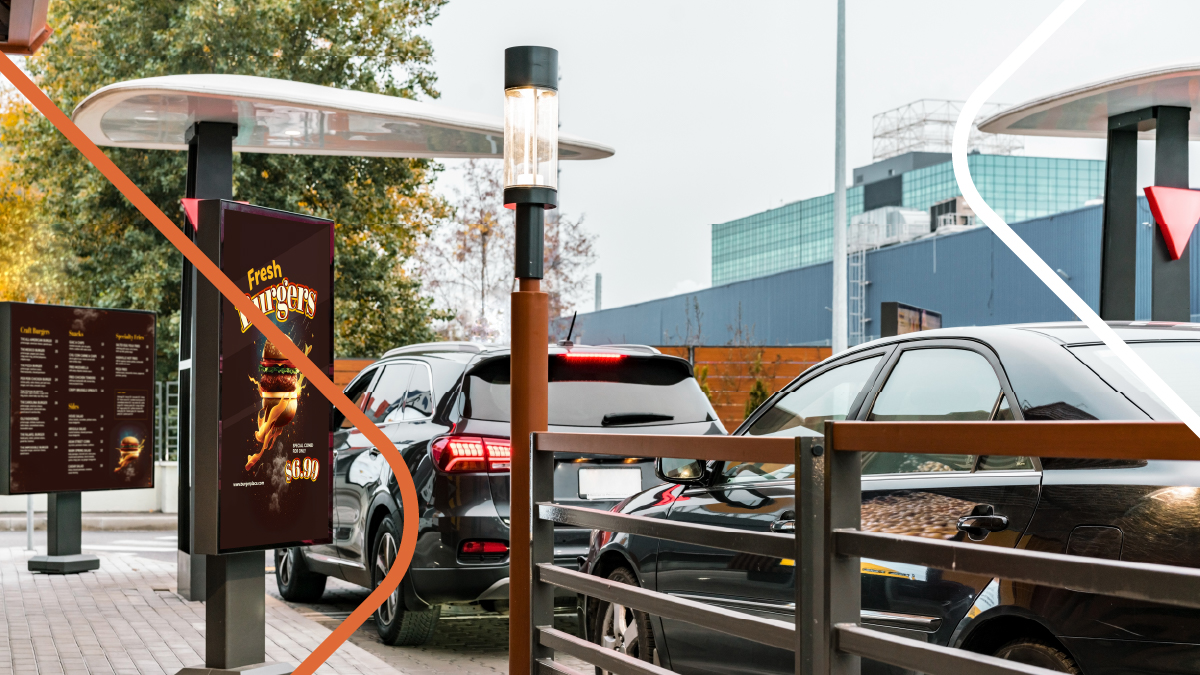
3 ways to earn more business by embracing sustainability
February 14, 2022
Sustainability is by no means a new topic in the field service industry. That’s because, by its nature, field service involves travel as well as the use of consumables and spare parts.
Sustainability practices are gaining greater attention as companies bolster their Environmental, Social, and Governance (ESG) initiatives. Currently, 88% of publicly traded companies, 79% of venture and private equity-backed companies, and 67% of privately-owned companies have ESG plans in place.
Focusing on sustainability is not only good for the environment, it’s also good for business. Managed service providers (MSPs) that align themselves with their customers’ ESG plans can build a competitive advantage. By embracing sustainable practices, MSPs can win more business when ESG is a priority in the vendor selection process. Also, sustainable practices can help MSPs increase productivity, enhance speed of service delivery, and reduce service-related costs.
Here are three key areas that can have a significant impact for MSPs and their customers.
Prevent field service visits when possible
Taking steps to reduce your number of visits goes a long way toward supporting sustainability.
You can often prevent the need for a visit by using remote diagnostics and maintenance. Many companies feed their service data into a centralized data warehouse. Artificial intelligence can detect patterns in this data and help you respond accordingly. Industry analysts expect that these technologies will allow 60 to 70 percent of service calls to be solved remotely by the end of 2022.
Further, routine equipment maintenance can prevent visits by reducing emergency service calls. Well-maintained equipment also requires less energy and generates fewer emissions.
Finally, maximizing your “first-time fix” rate can demonstrate your commitment to sustainability. Achieve a rate as close to 1.0 (one visit/resolution) as possible because every value above 1.0 increases your carbon footprint by requiring additional trips to solve the same problem.
Reduce travel
Many businesses are developing “carbon budgets” to reduce indirect emissions that contribute to climate change. MSPs can highlight their commitment to travel-efficient service as a differentiator.
Flying technicians to and from locations or having them sit behind a windshield has a significant environmental impact. Flights account for about 90 percent of business travel emissions. Similarly, emissions from driving contribute significantly to global warming and local-scale pollution.
Using on-demand labor can support your sustainability efforts. As a service provider, you can reduce your carbon footprint by selecting technicians that work near your client’s site to minimize travel.
Minimize part stops
Most stock parts are stored at forward stocking locations (FSLs). This increases a company’s carbon footprint because FSLs are a separate location consuming energy, and because the technician must travel to and from the FSL.
Shipping parts directly to the customer site cuts out the need for FSLs and the related travel, creating a more environmentally friendly visit. The most efficient customers have the return part shipped from their site as well. This prevents another trip to the FSO.
For example, suppose a part stop requires a 15-mile car ride each way. If you made two stops per day, you could save 60 miles each day. Across an entire year, you could reduce your mileage by over 15,000 miles. Based on 404 grams per mile, this results in carbon savings of 6 million grams per year. What’s more, if you encounter a broken part or return from that site, you would double the savings.
Reducing part stops as part of your strategy can reinforce your commitment to sustainability and may offer an additional competitive advantage.
Looking for advice on field service sustainability?
Taking these steps can help service providers attract and secure environmentally conscious customers. If you’re looking to enhance your sustainability practices in 2022, contact our team to learn how we can help.
RELATED RESOURCES
More from the field
- Field Service
- Industry Trends
- Field Service
- Product Updates
- Blog
- Best Practices
- Business Growth
- Blog




